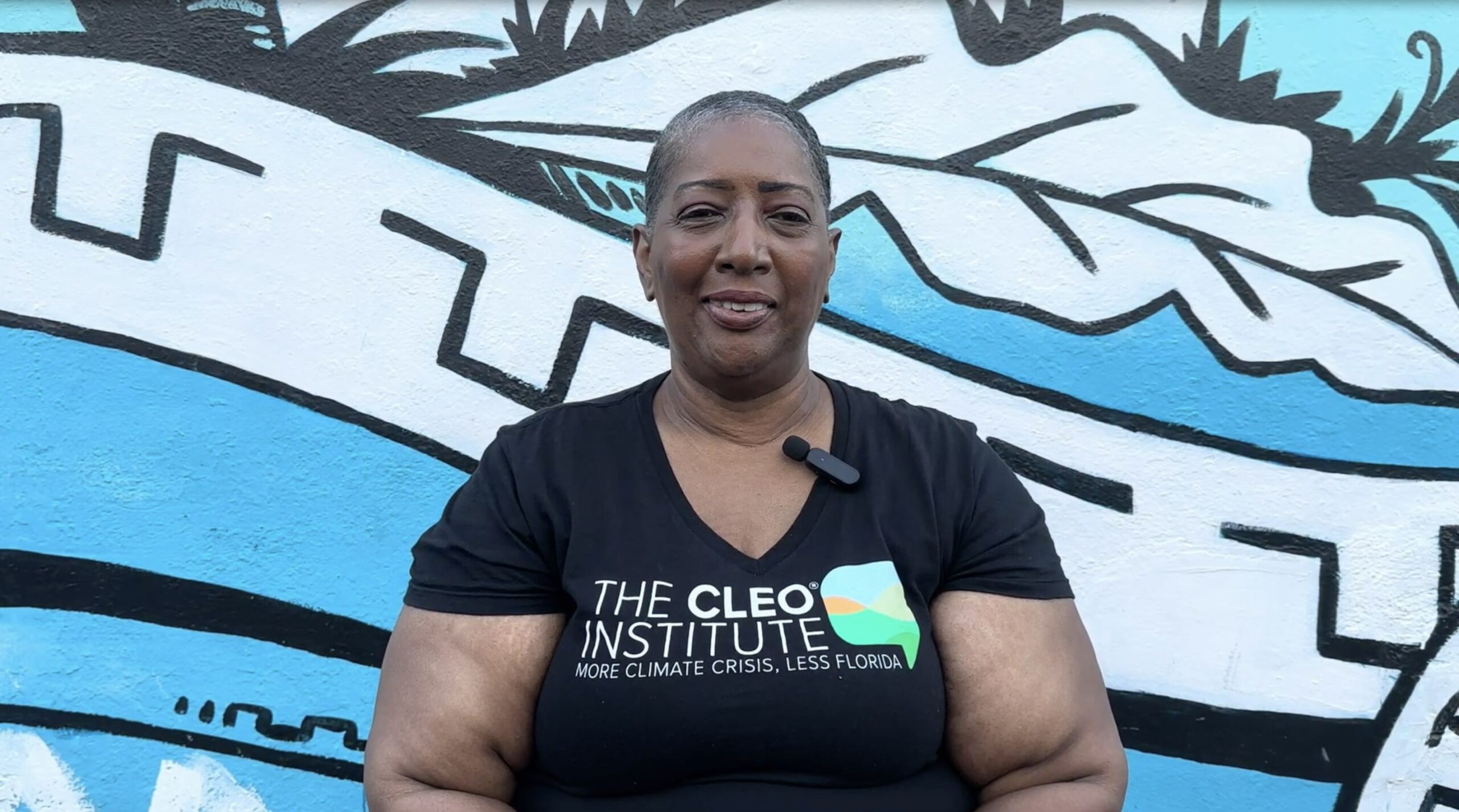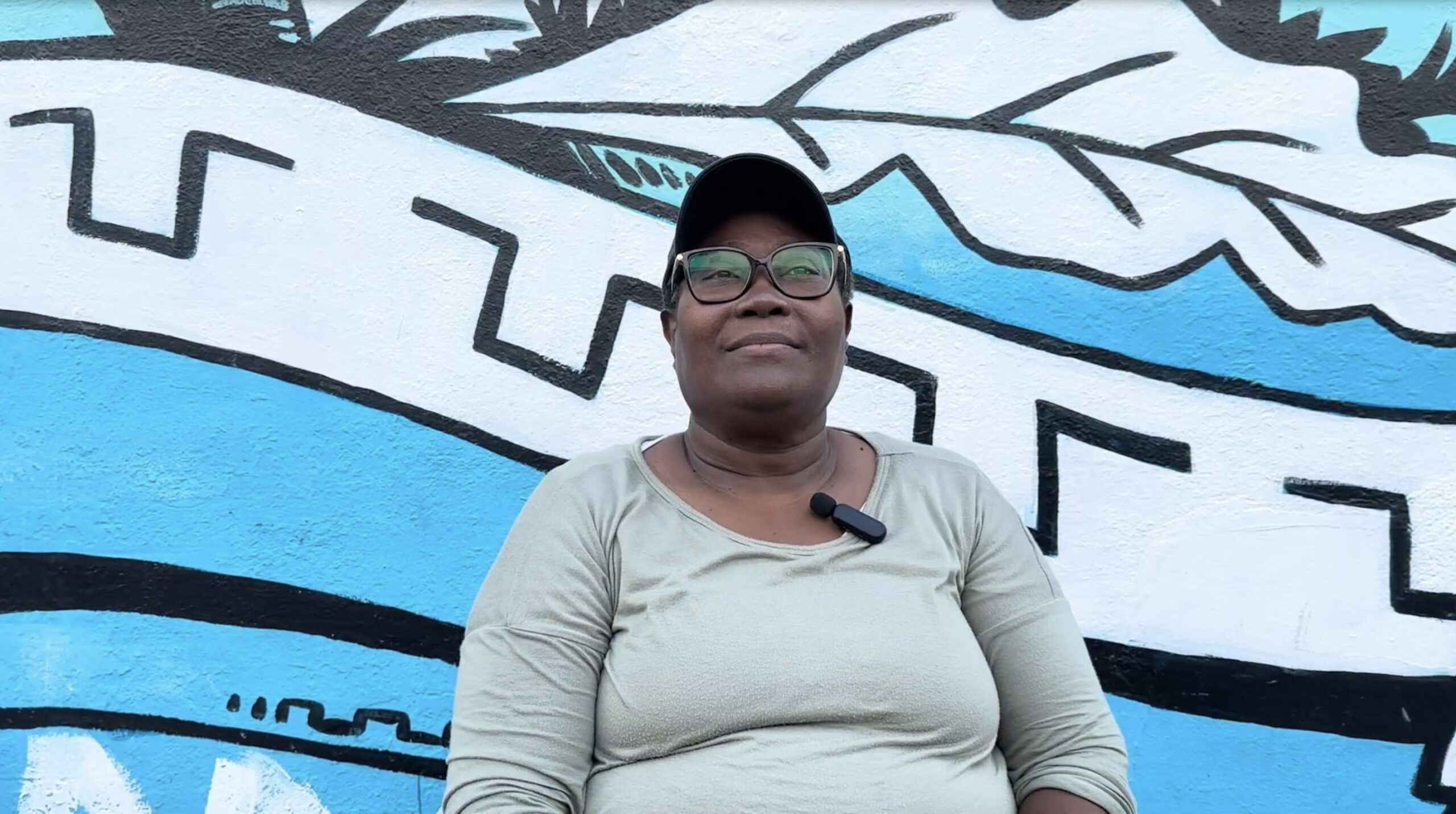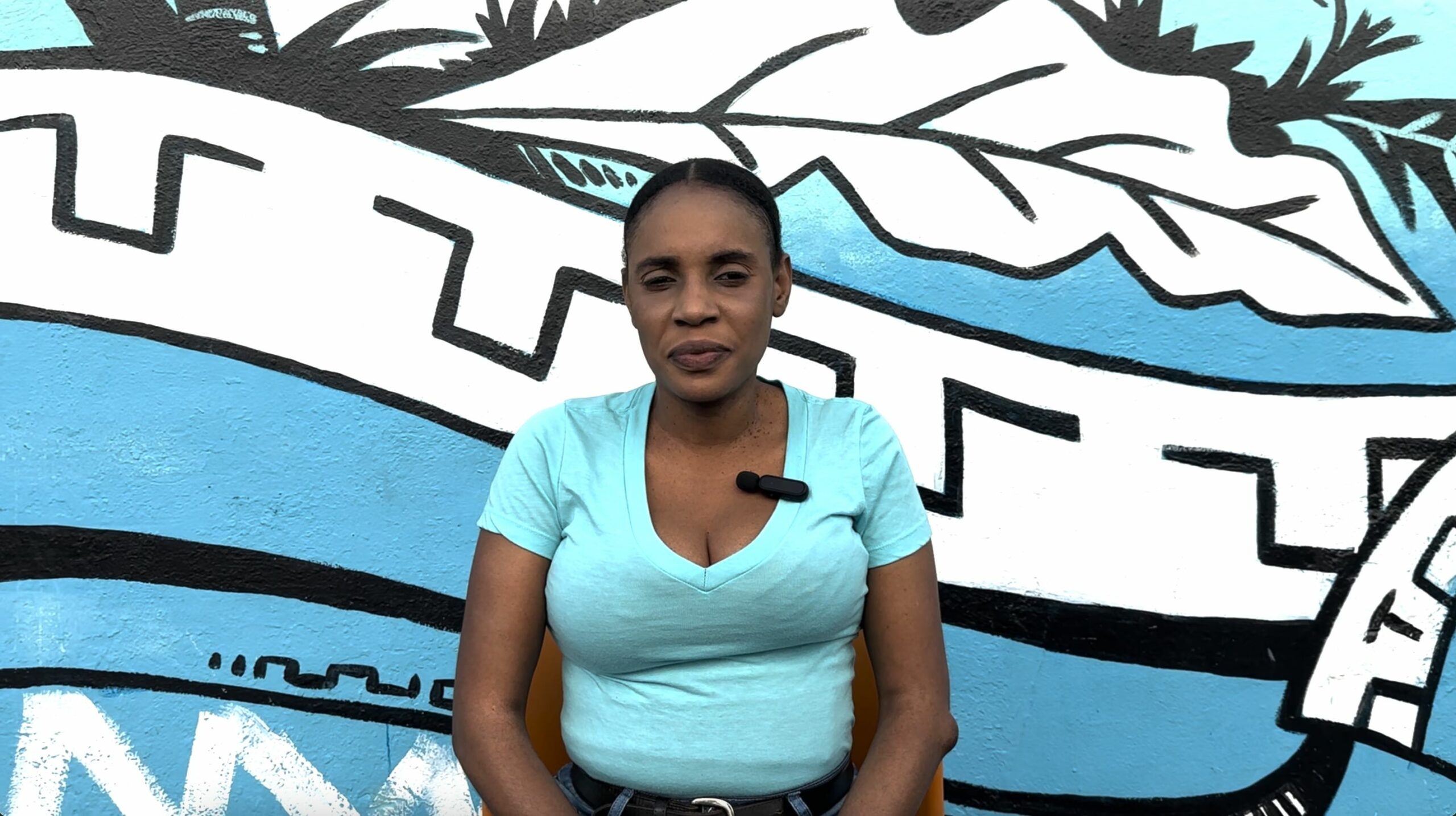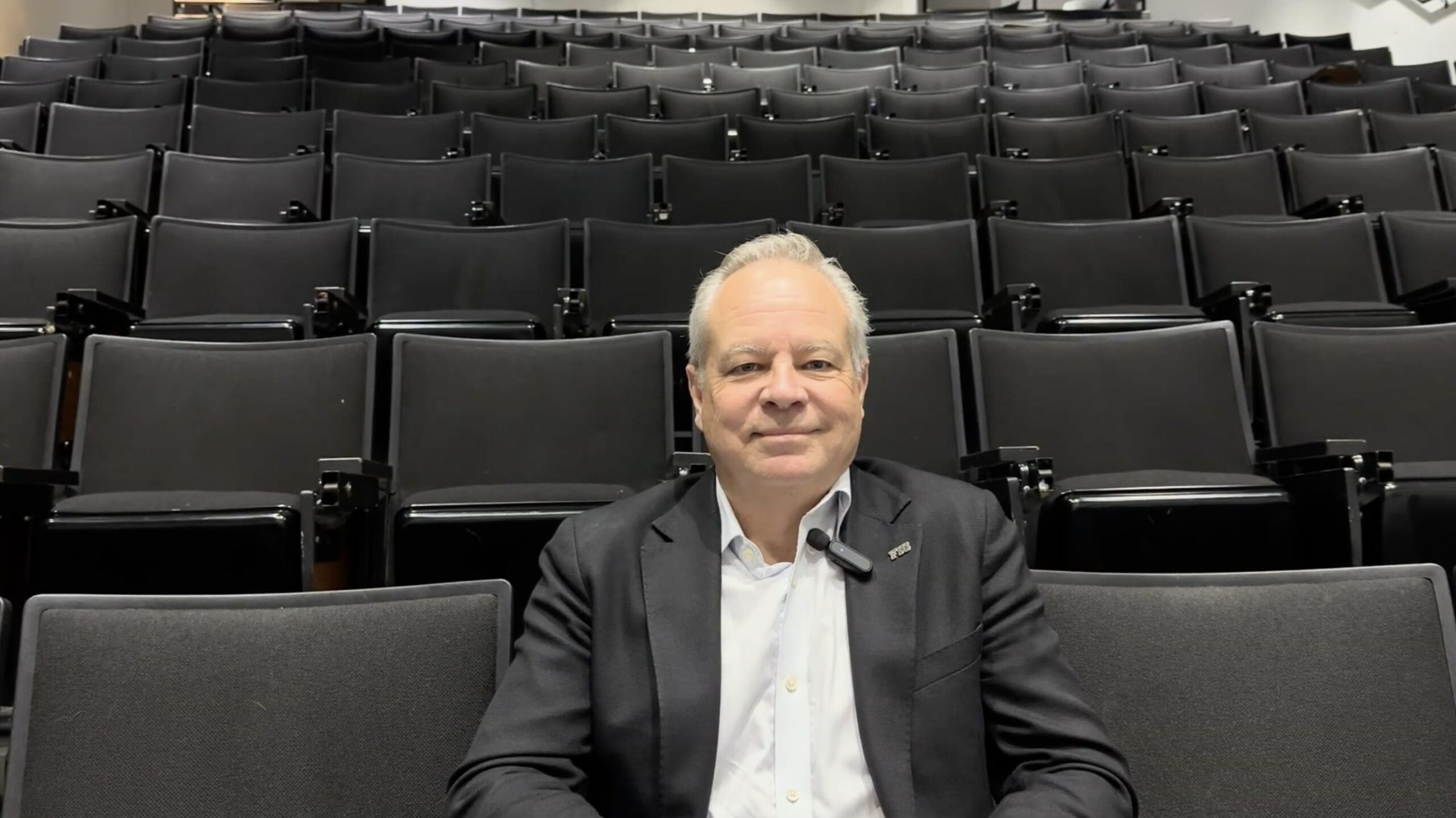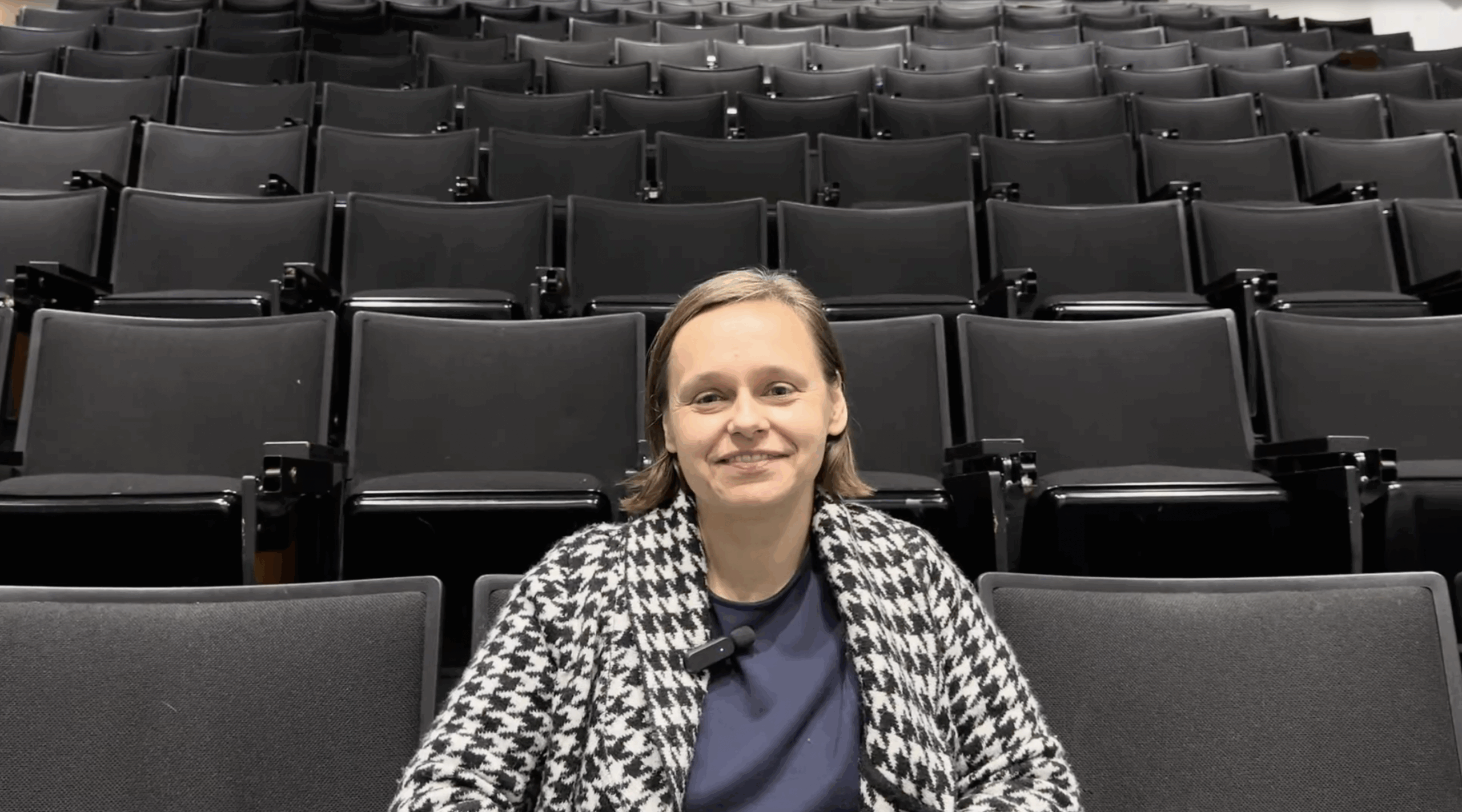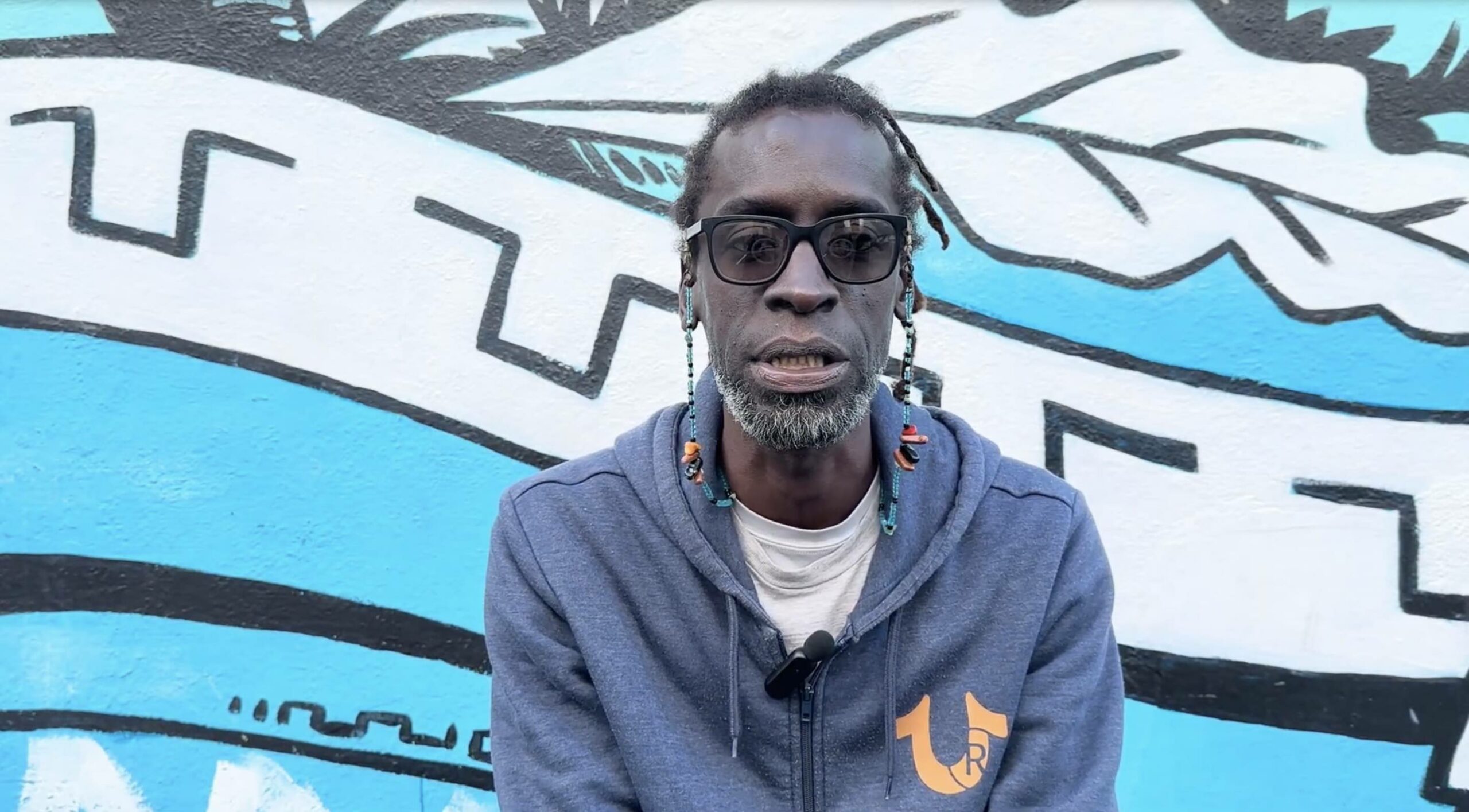
Roger Horn, president of Urban Greenworks, is dedicated to promoting sustainable and innovative solutions to current environmental challenges, particularly through urban agriculture. Thanks to his commitment and organisational skills, he is actively involved in transforming the Liberty City community in Miami into a model of resilience and food security in the face of climate change
Urban Greenworks and urban agriculture as a response to neighbourhood change
Through its Serese Farm initiative in Liberty City, Urban Greenworks has positioned itself as a key player in urban agriculture in Miami. ‘We have a farm in Liberty City on three municipal plots. The city has given us these plots for the next 70 years.’ This farm is much more than just a working farm: it embodies a long-term commitment to the community and to the promotion of community gardens. ‘No matter how the neighbourhood evolves, we will always have a space here for community gardens, urban farms and food security for the community.’
Urban Greenworks also aims to be a model of adaptation to urban change. Their vision includes the creation of urban farms, but also the involvement of schools, churches and residents in these projects. ‘We want a large urban farm, but we also want churches, schools and residents to have gardens to support the community’s food crops.’
A holistic approach to health and the environment
Urban Greenworks applies a philosophy based on planetary health, a concept that links public health and the environment. ‘We are working on planetary health, a public health paradigm that takes a holistic approach to public health and the planet,’ explains Roger Horn. The programme also includes collaboration with The CLIO Institute, a partner committed to environmental awareness. ‘We have been partners for three years, working with people to create these gardens.’
The need for sustainable agriculture and collective awareness
Roger Horn shares a vision of agriculture that goes beyond a simple food security solution to embody a sustainable approach and a change in mindset in the face of climate crises. « We want younger generations to learn about agriculture. They may not all become farmers, but they will know what to do,‘ he explains.
The agricultural model he promotes is part of an intergenerational dynamic. ’We want to bridge the gaps between generations, work with older and younger people to teach them about agriculture. We are also introducing aquaponics on our farm. »
Adapting to climate change: practical and innovative adjustments
In the face of climate change, adaptation is becoming a necessity. Roger Horn explains how urban agriculture must adjust to an increasingly hotter climate and periods of drought. « We now start planting our seeds in August, rather than October. The seeds are planted in September to prevent them from being washed away.‘ He points out that crops must be adapted to the new, warmer seasons, as is already the case in tropical and Caribbean regions. ’Our climate is becoming more and more like that of Cuba, the Bahamas and the Caribbean. It’s getting harder and harder, but we’re adapting. »
To manage these challenges, Urban Greenworks is implementing soil regeneration practices and using innovative strategies to maximise agricultural yields while preserving the environment. “We have studied soil regeneration practices and water-related measures. We have worked with partners in Africa to learn from their solutions and avoid repeating the same mistakes,” he explains, emphasising the importance of international exchange in developing sustainable solutions.
A message of hope for the younger generation
Faced with the climate emergency, Roger Horn sees young people as a source of hope for the future. “Children are smarter than us. They have the ability to change things, and change starts with them.”* He encourages the younger generation not to repeat the mistakes of previous generations, but to use their intelligence and creativity to find concrete solutions to environmental challenges. ‘The message of hope is to tell them not to dwell on the mistakes of previous generations, but to do better and make a difference.’
Responsible agriculture for a sustainable future
Roger Horn embodies a vision in which agriculture becomes a pillar of resilience in the face of climate change. His commitment to urban agriculture, educating younger generations and adapting to new climate realities shows that it is possible to build a sustainable future while feeding communities and preserving the planet. The challenge is immense, but as he reminds us, ‘change starts with us, and the solutions lie in our ability to innovate and adapt.’
Testimonies from the same panel

